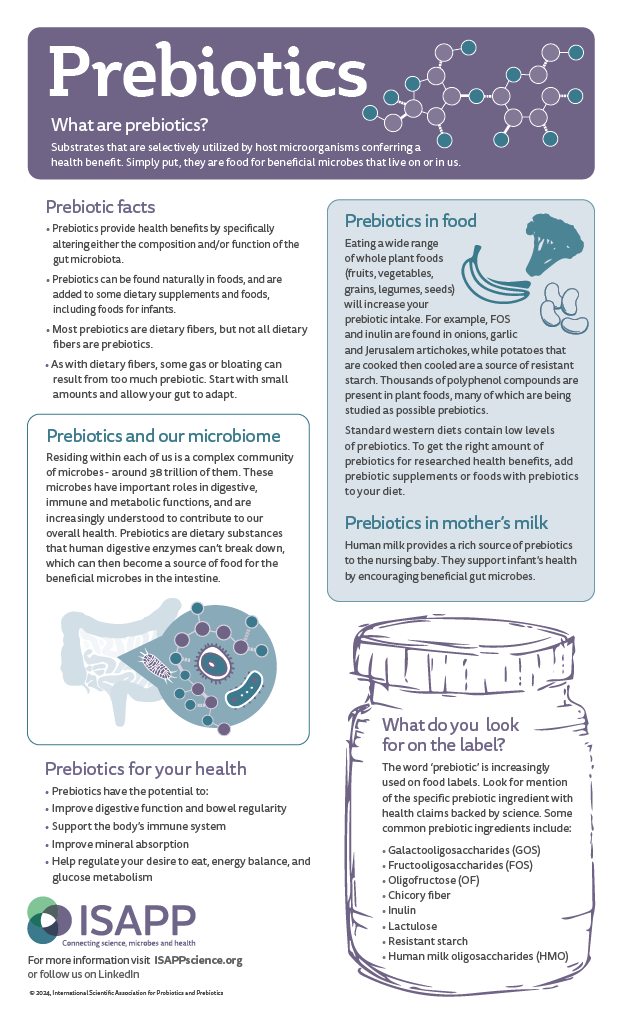ISAPP is your source for science-based resources, created and reviewed by experts in the field.
Looking for information you can trust on probiotics, prebiotics, synbiotics, postbiotics, fermented foods and more? Check out ISAPP’s resources for a wealth of accessible, reliable information specific to the field, and search according to the format or topic you need.
1-20 of 20 results
-
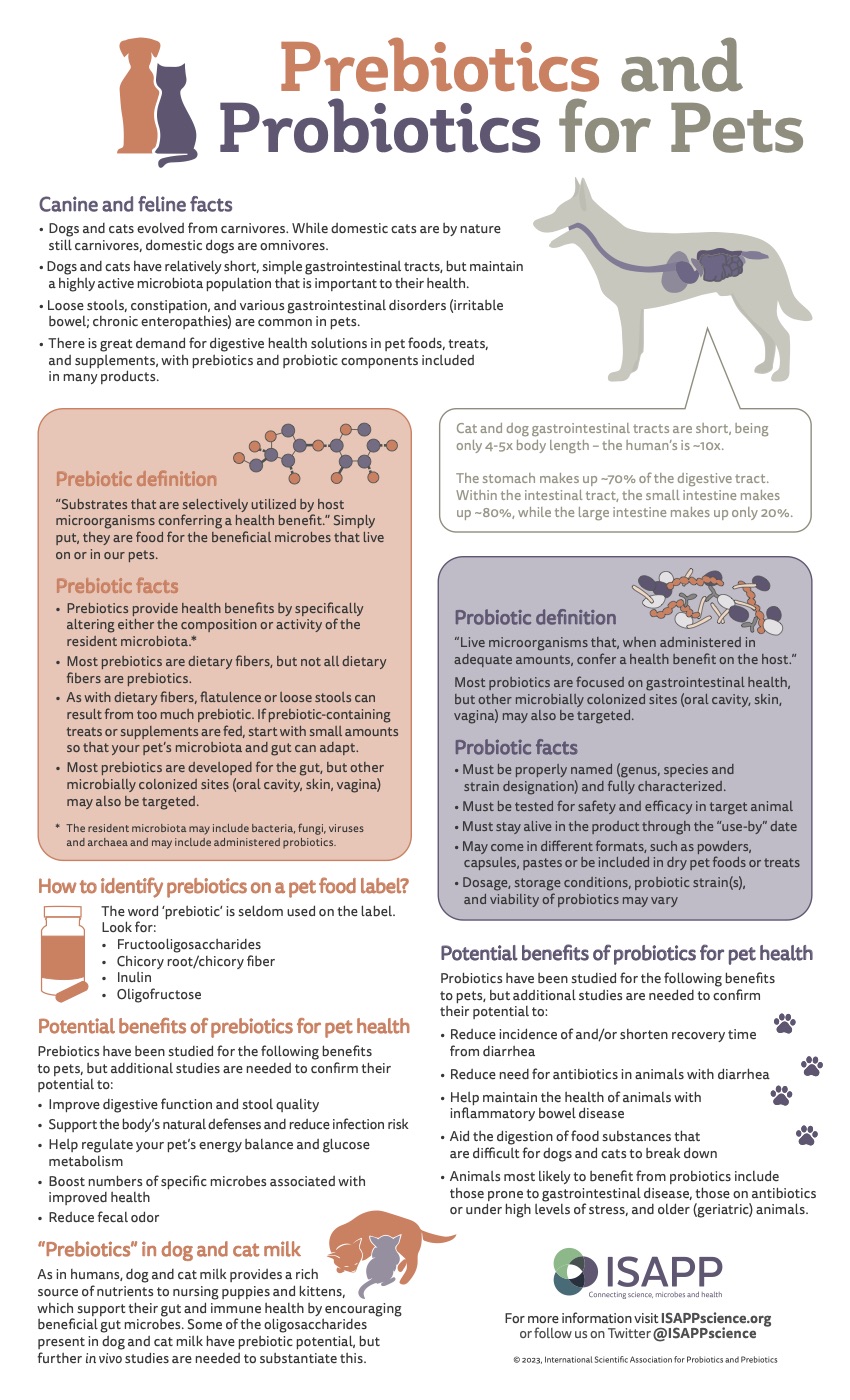
-
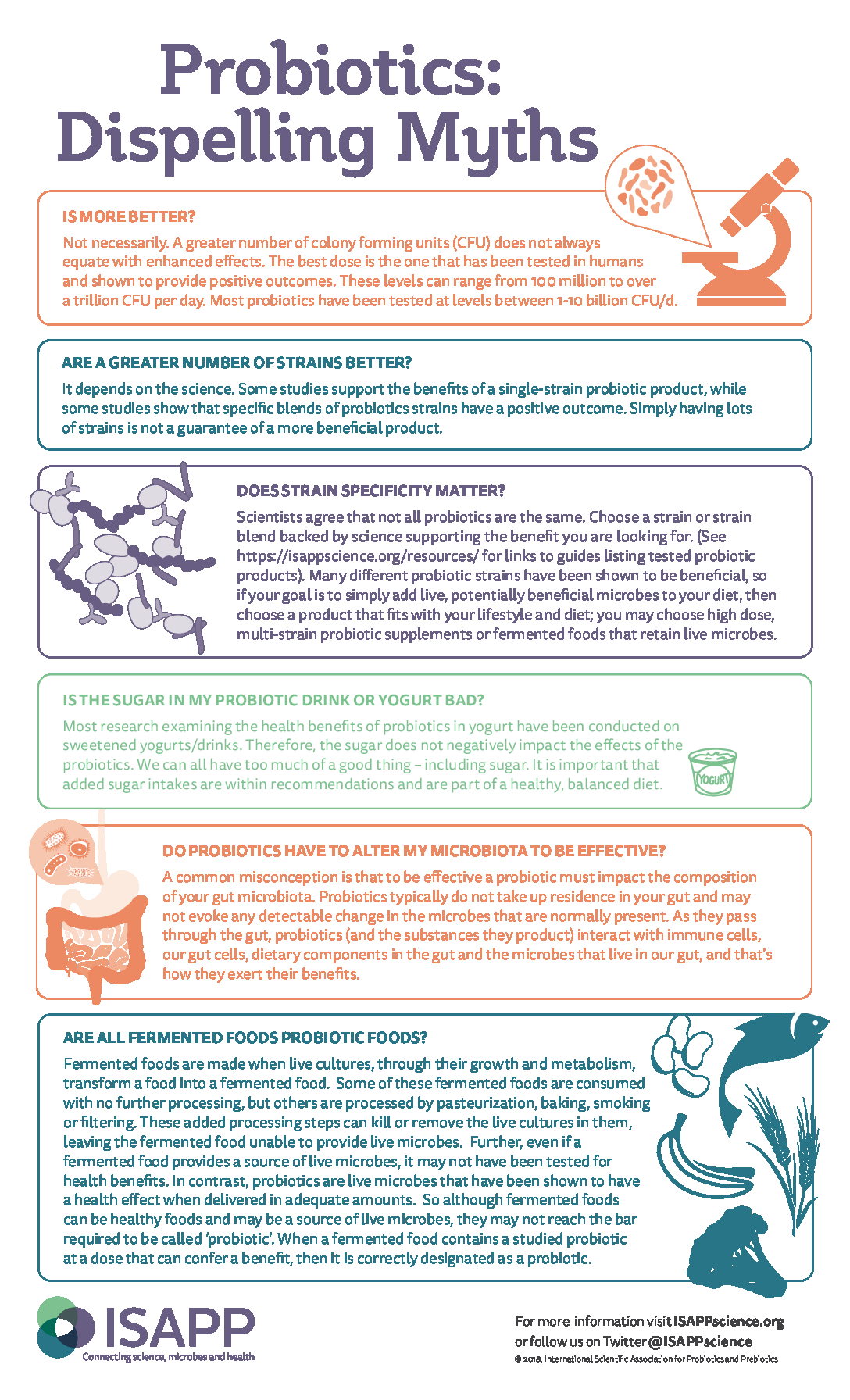
Probiotics: Dispelling Myths
Tired of the hype around probiotics? This infographic tackles common myths about probiotics and sets the record straight about what the science really says. -
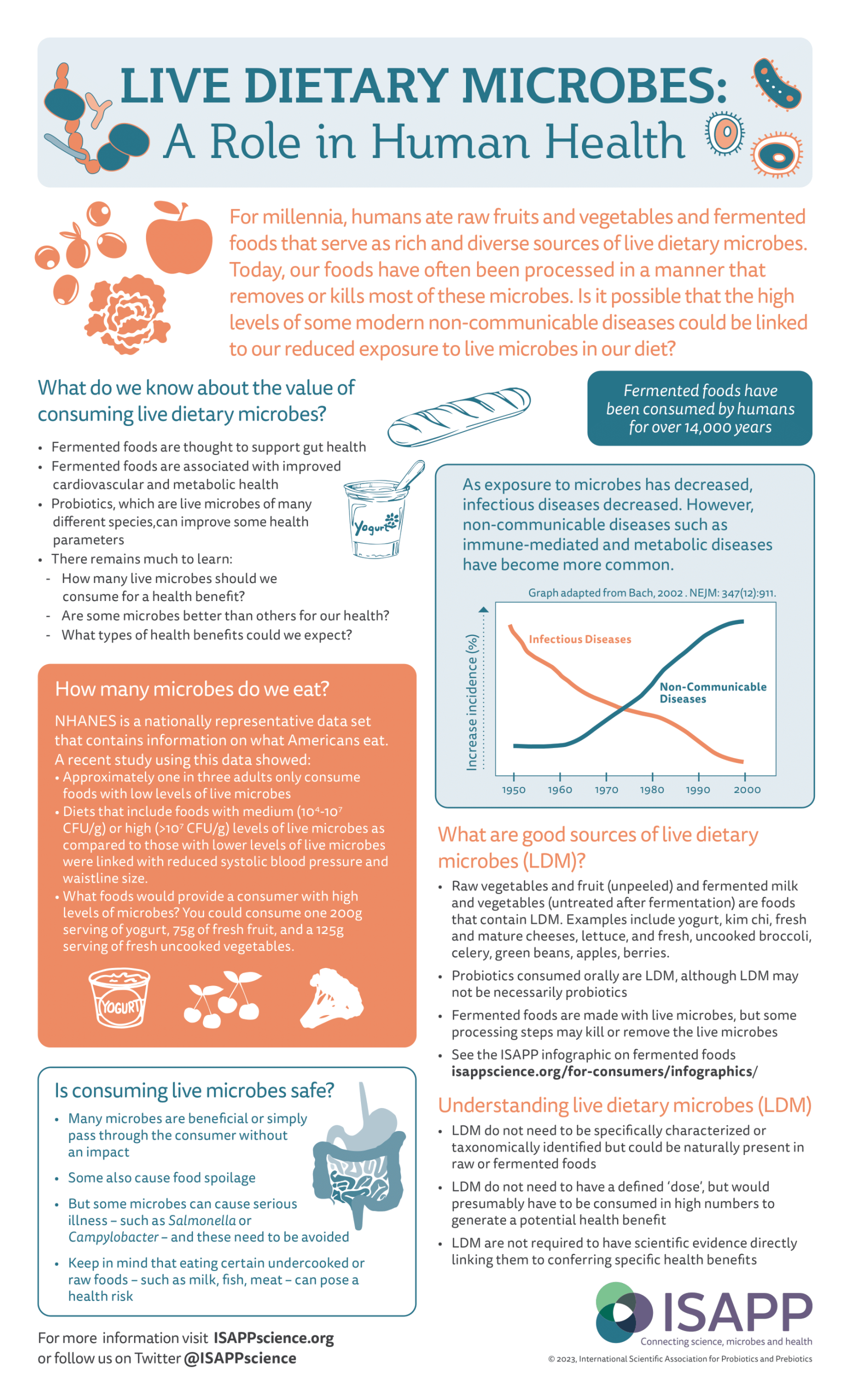
Live Dietary Microbes: A Role in Human Health
Recent research has linked consumption of higher numbers of live dietary microbes with general health benefits — so it may be worth trying to include more of them in your daily diet. -
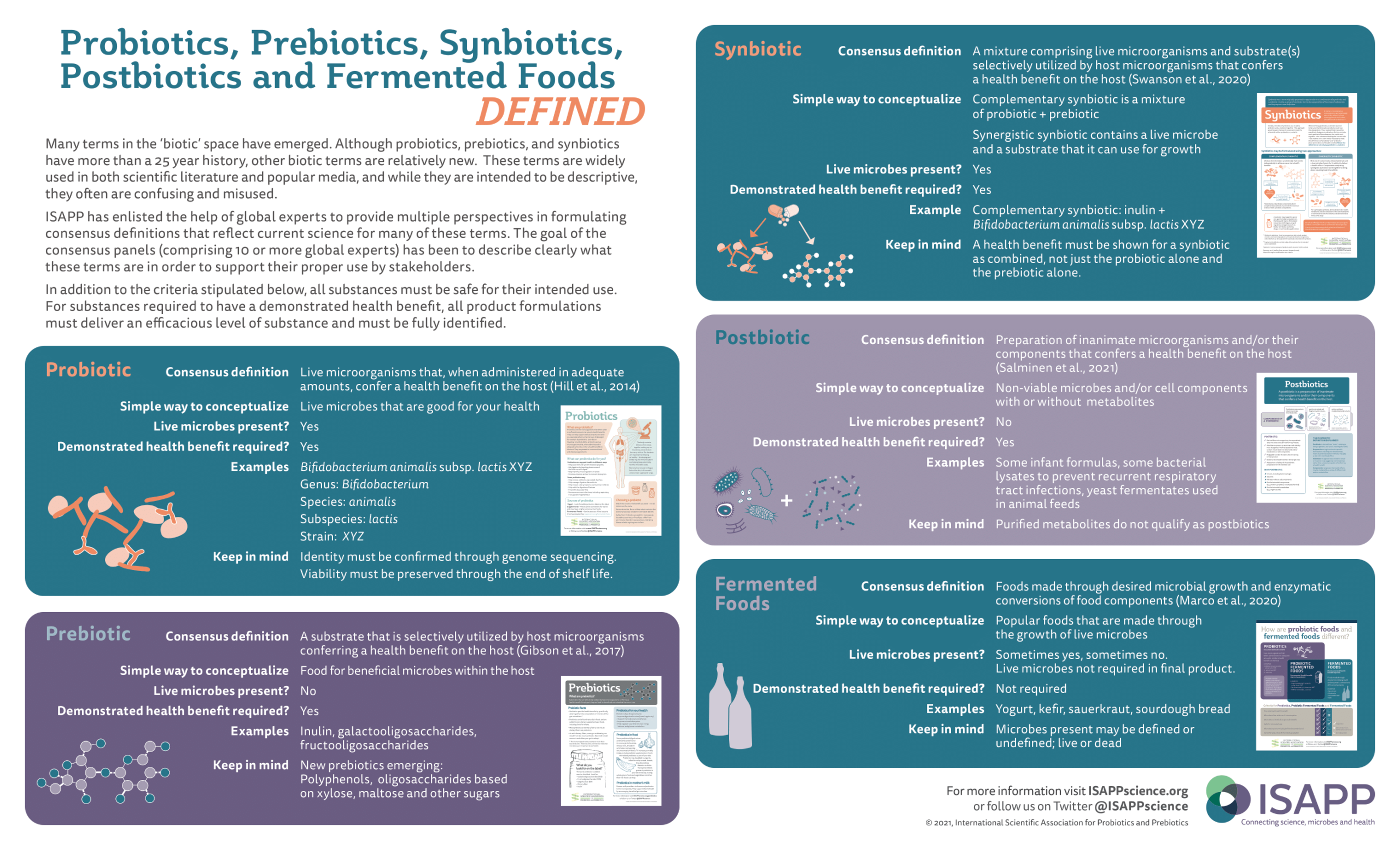
-
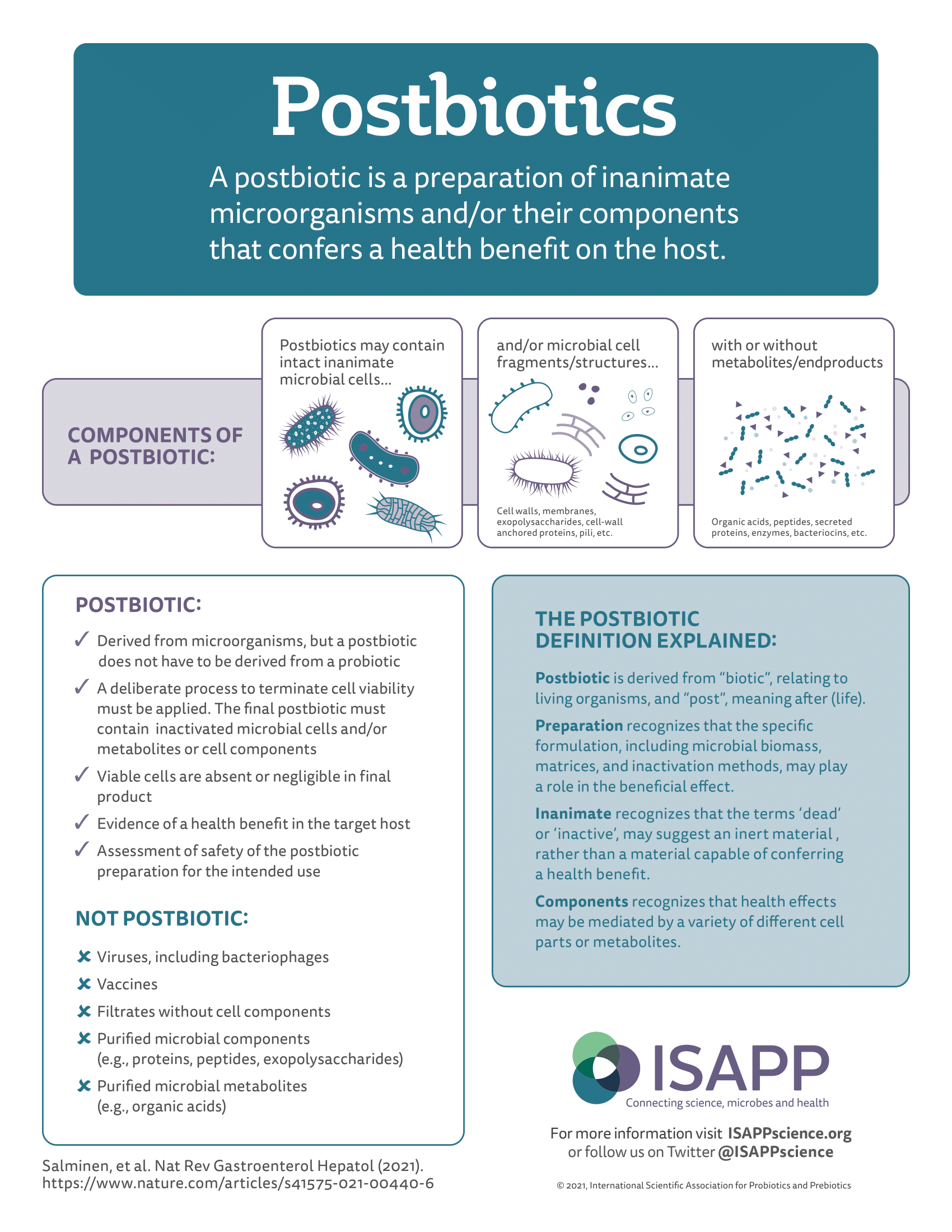
-
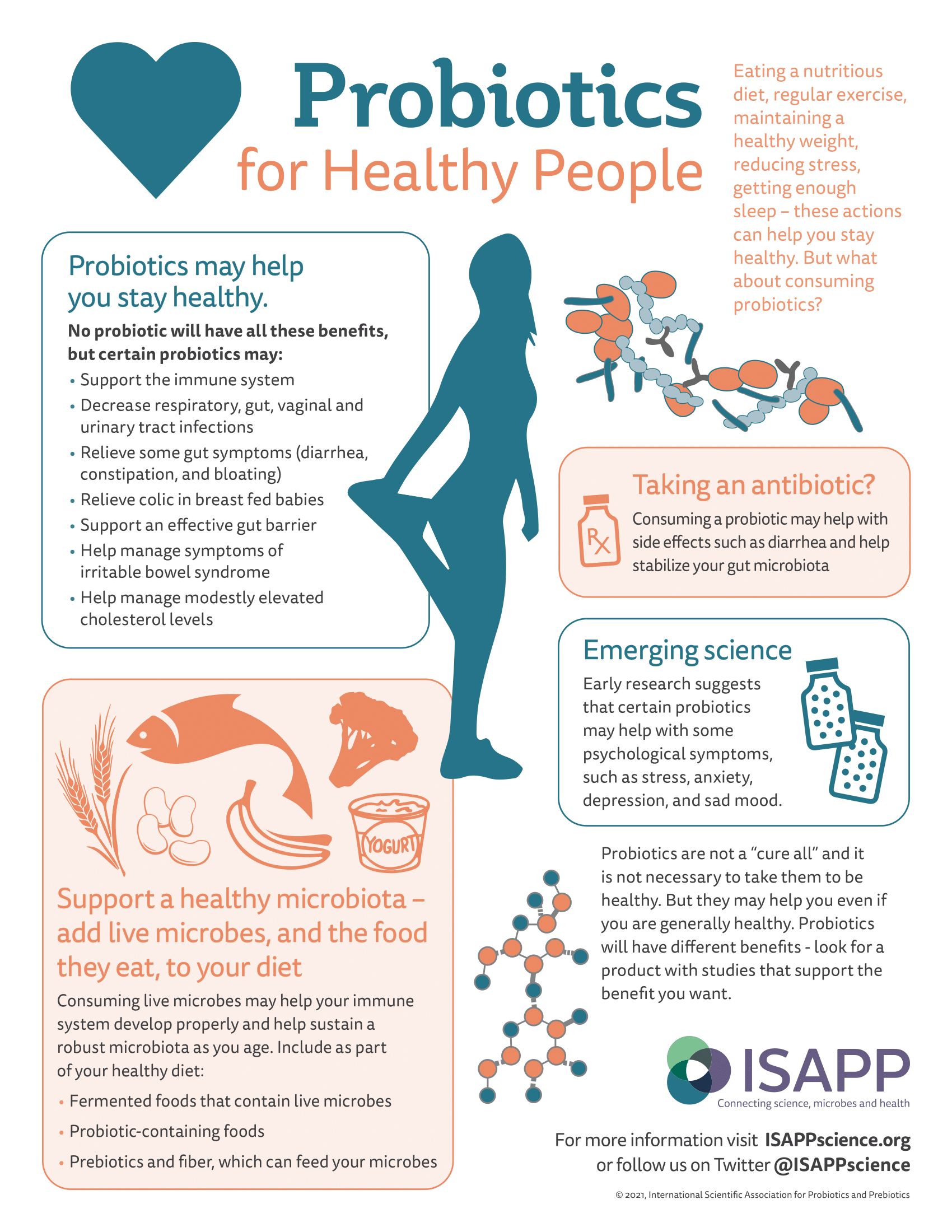
-
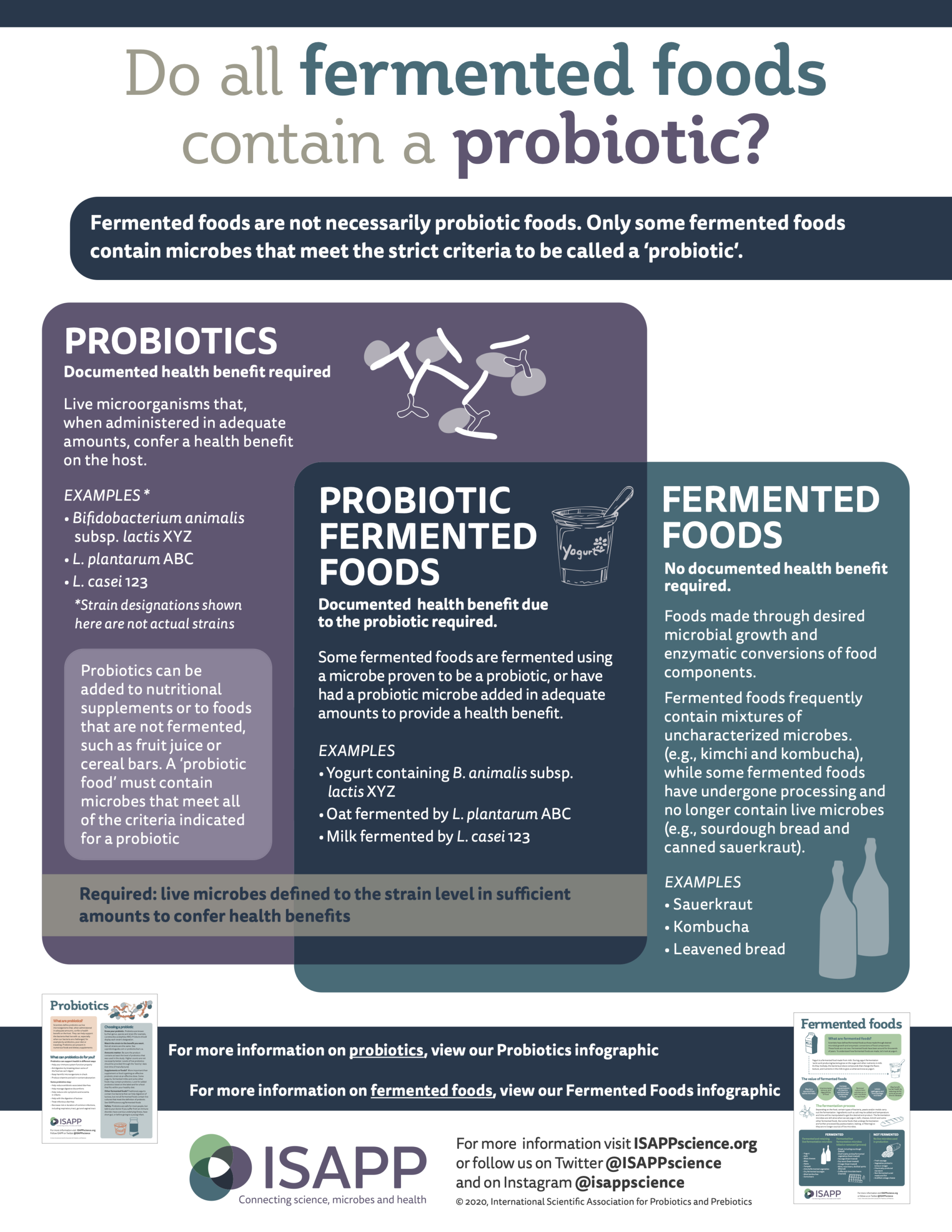
Do all fermented foods contain a probiotic?
The microorganisms in fermented foods rarely qualify as probiotics because they’re present in unknown or unstandardized types and amounts. -
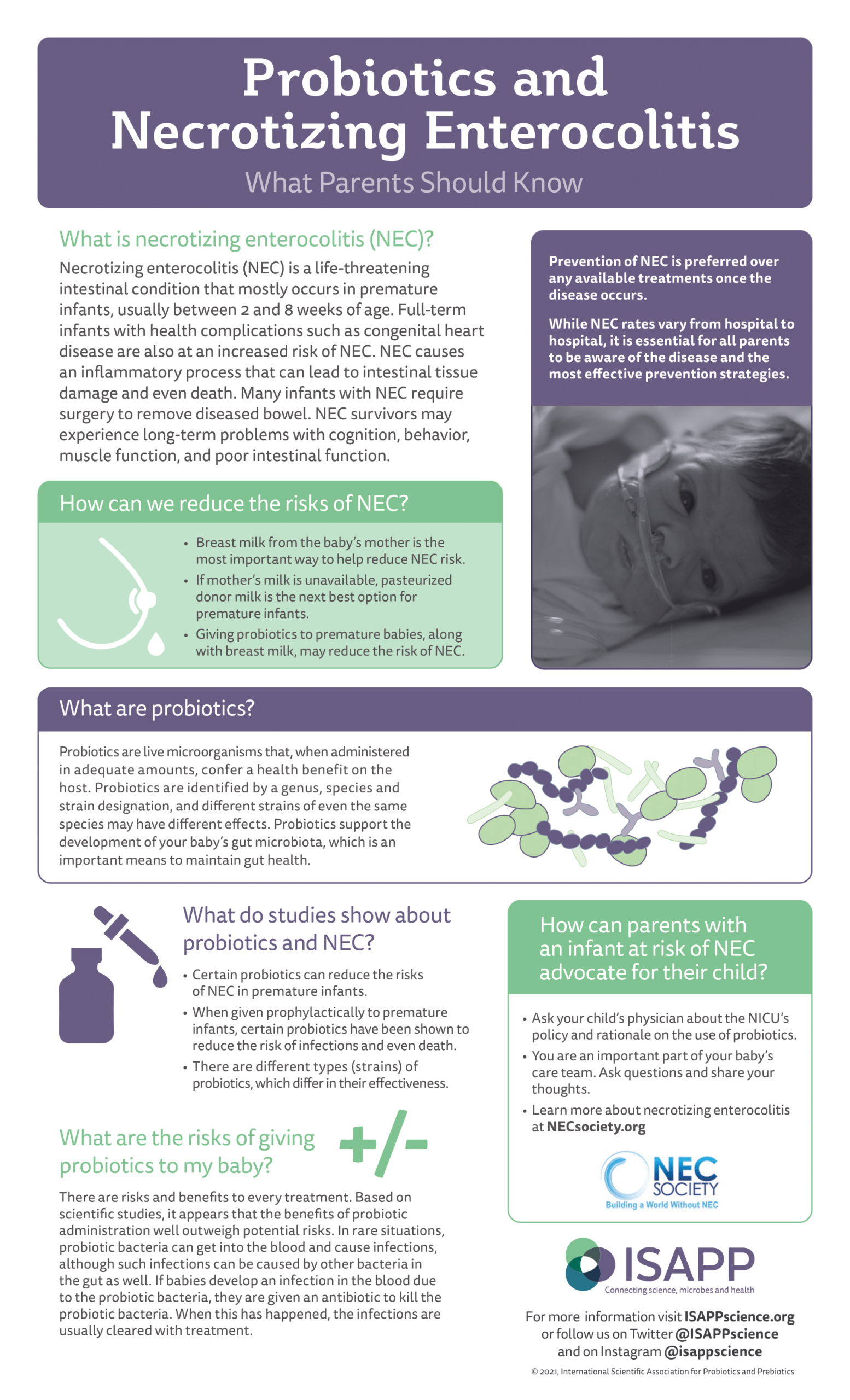
-
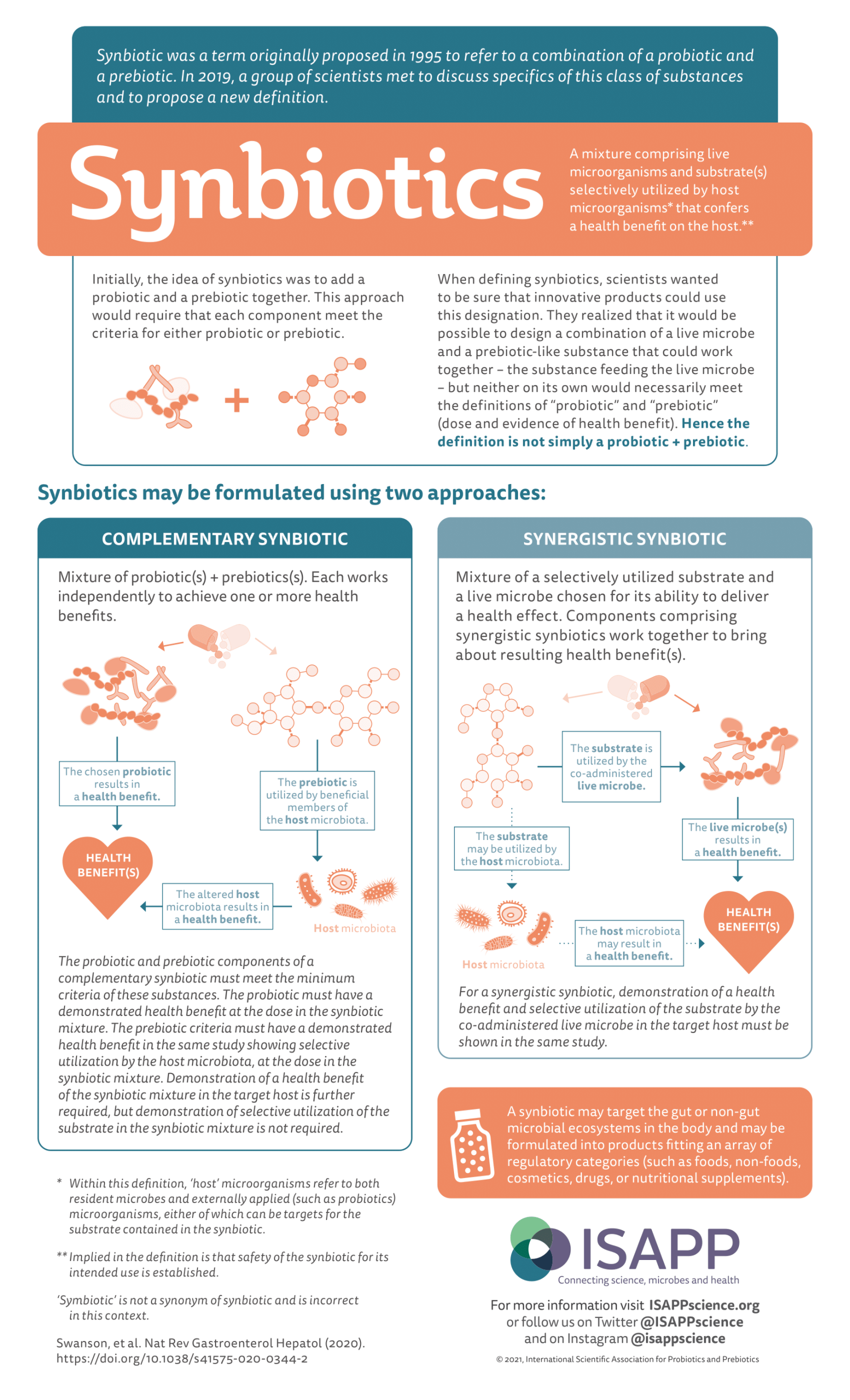
Synbiotics
Synbiotics consist of two ingredients put together – live microorganisms plus a substrate that feeds live microorganisms – which give you a health benefit when consumed. -
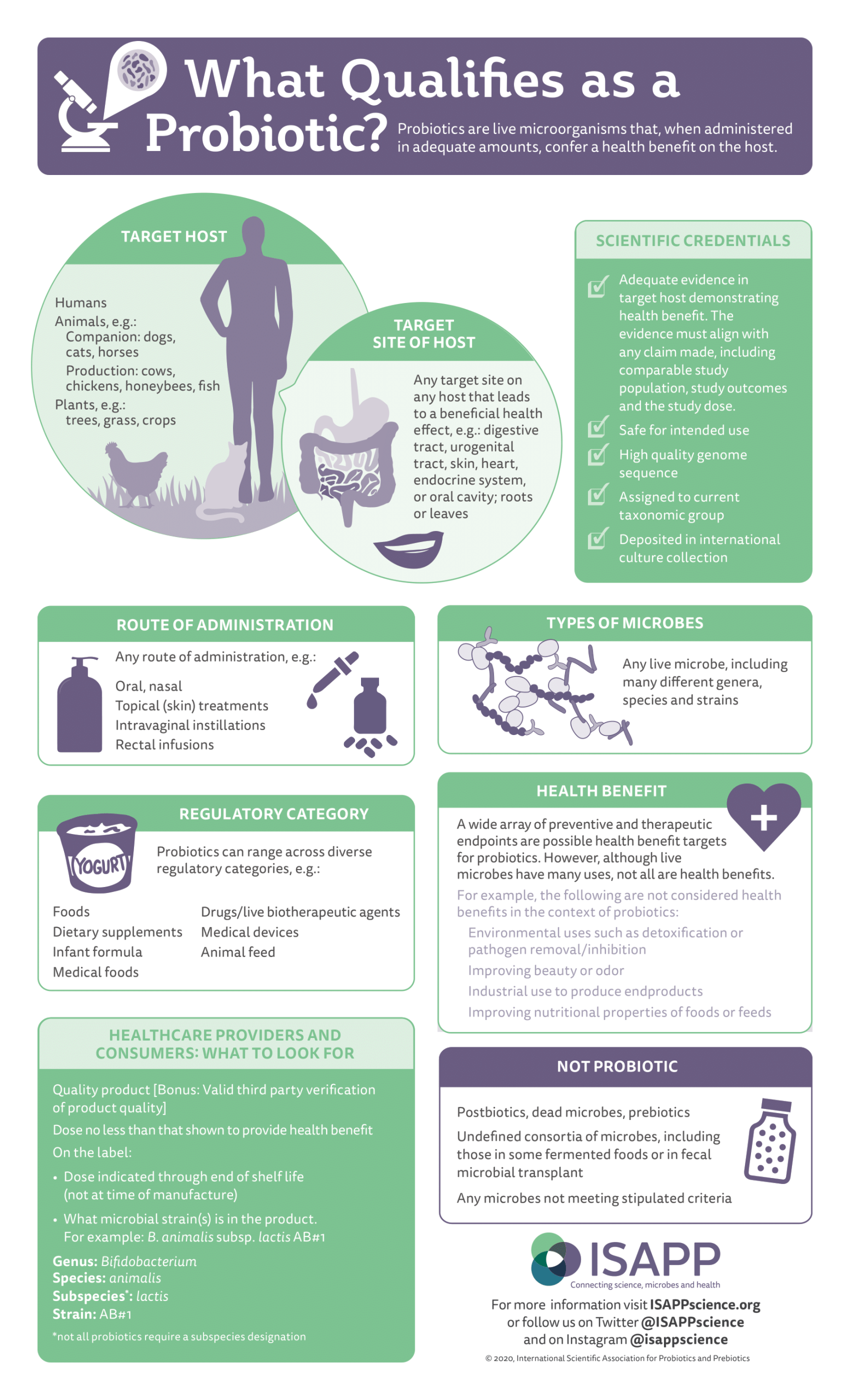
-
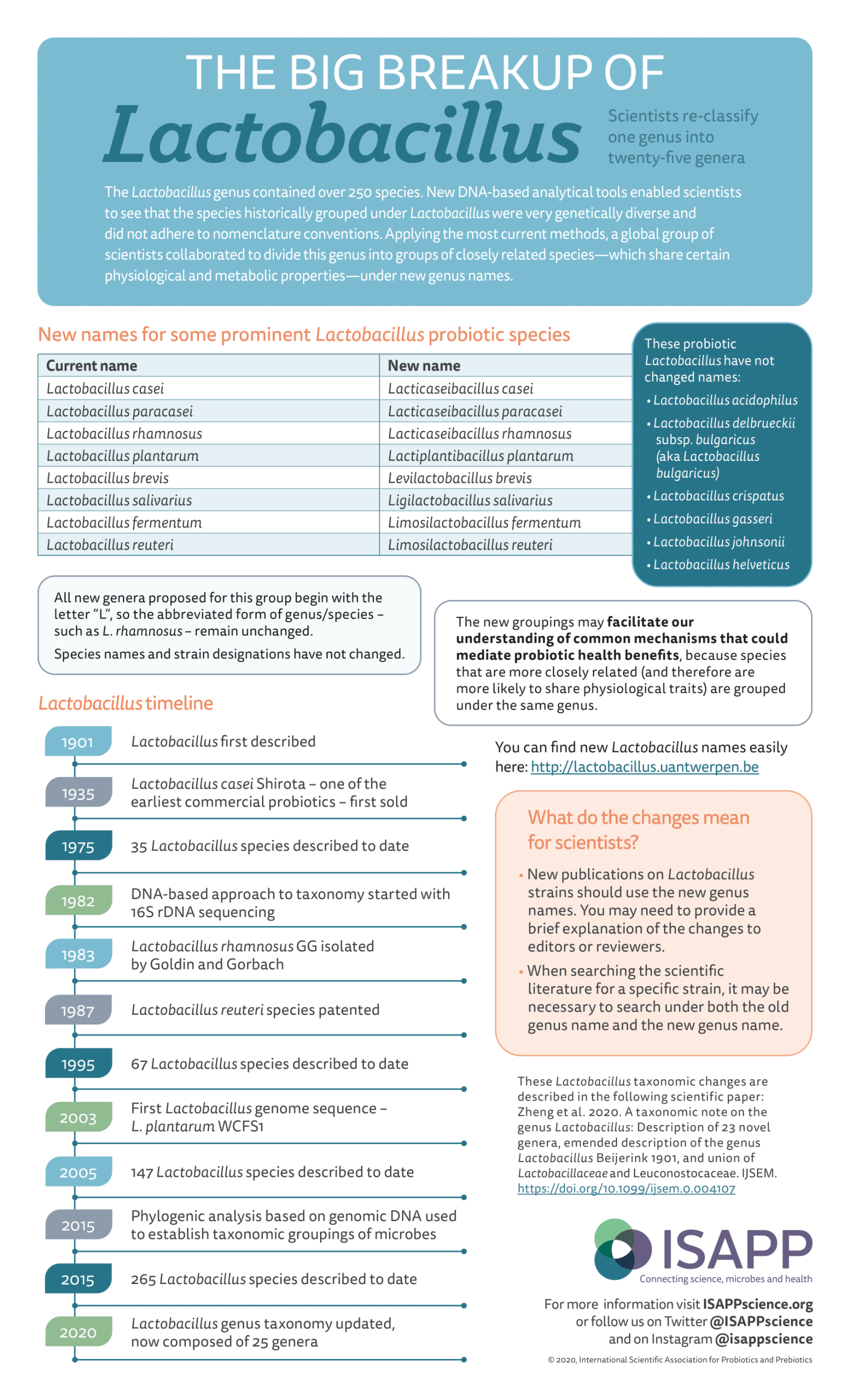
-
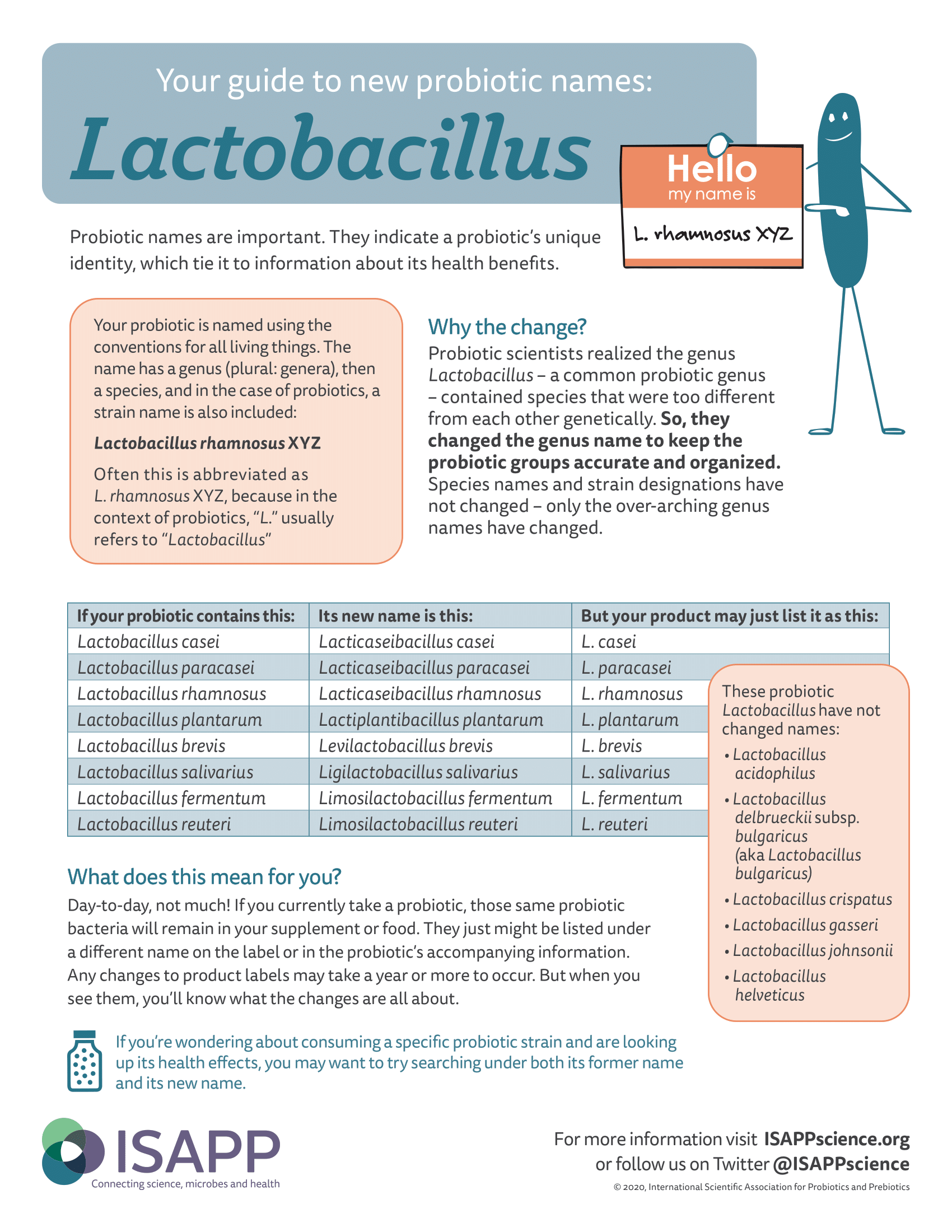
-
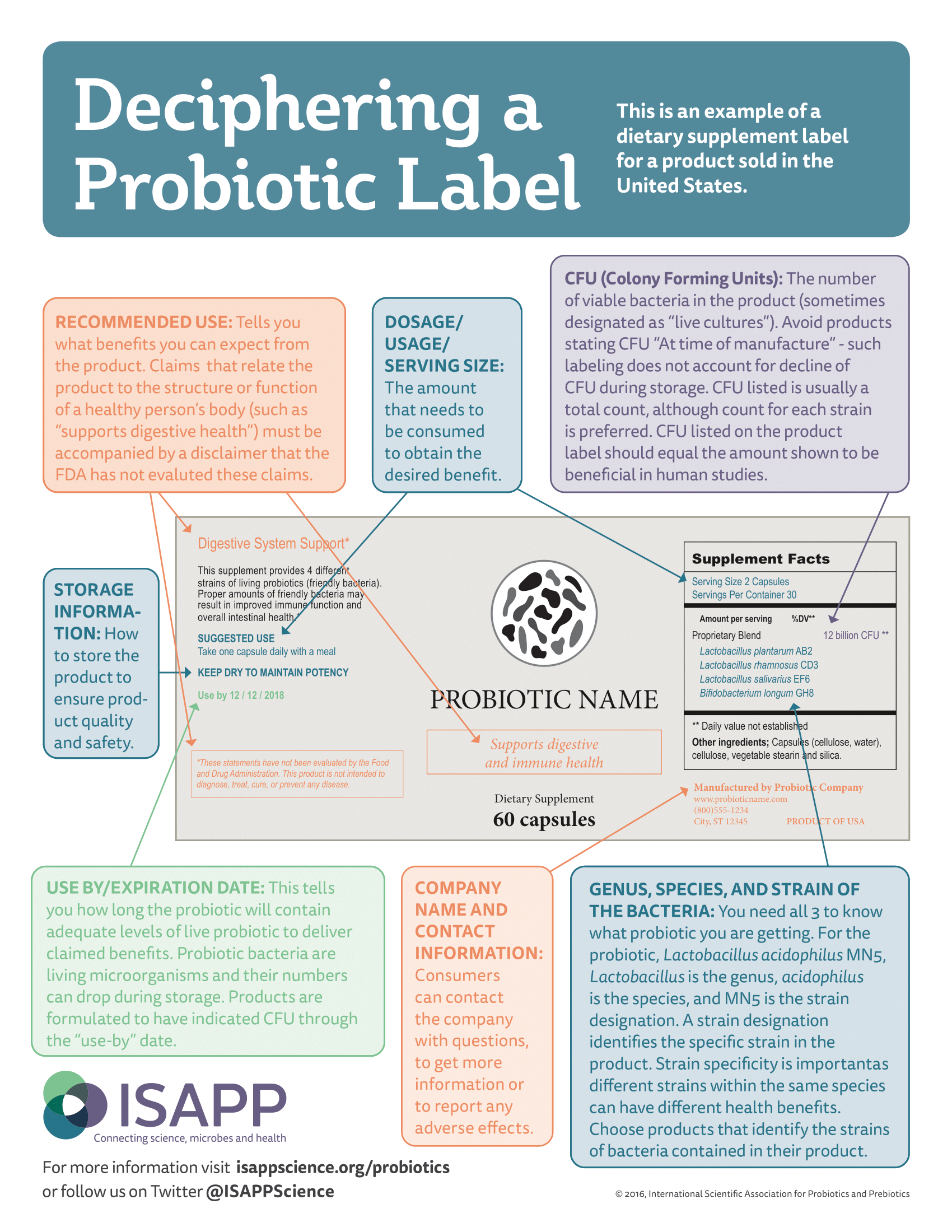
-
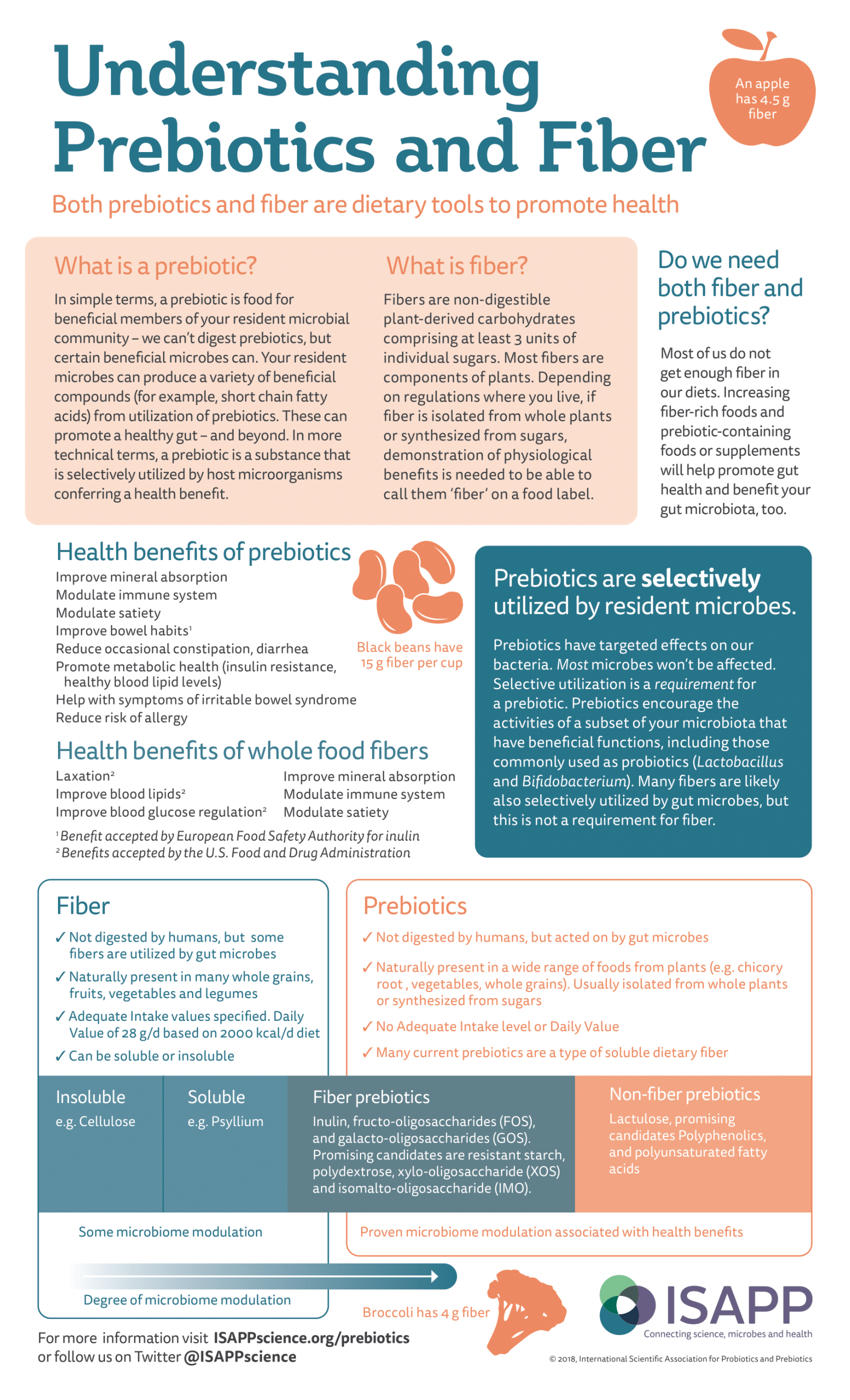
-
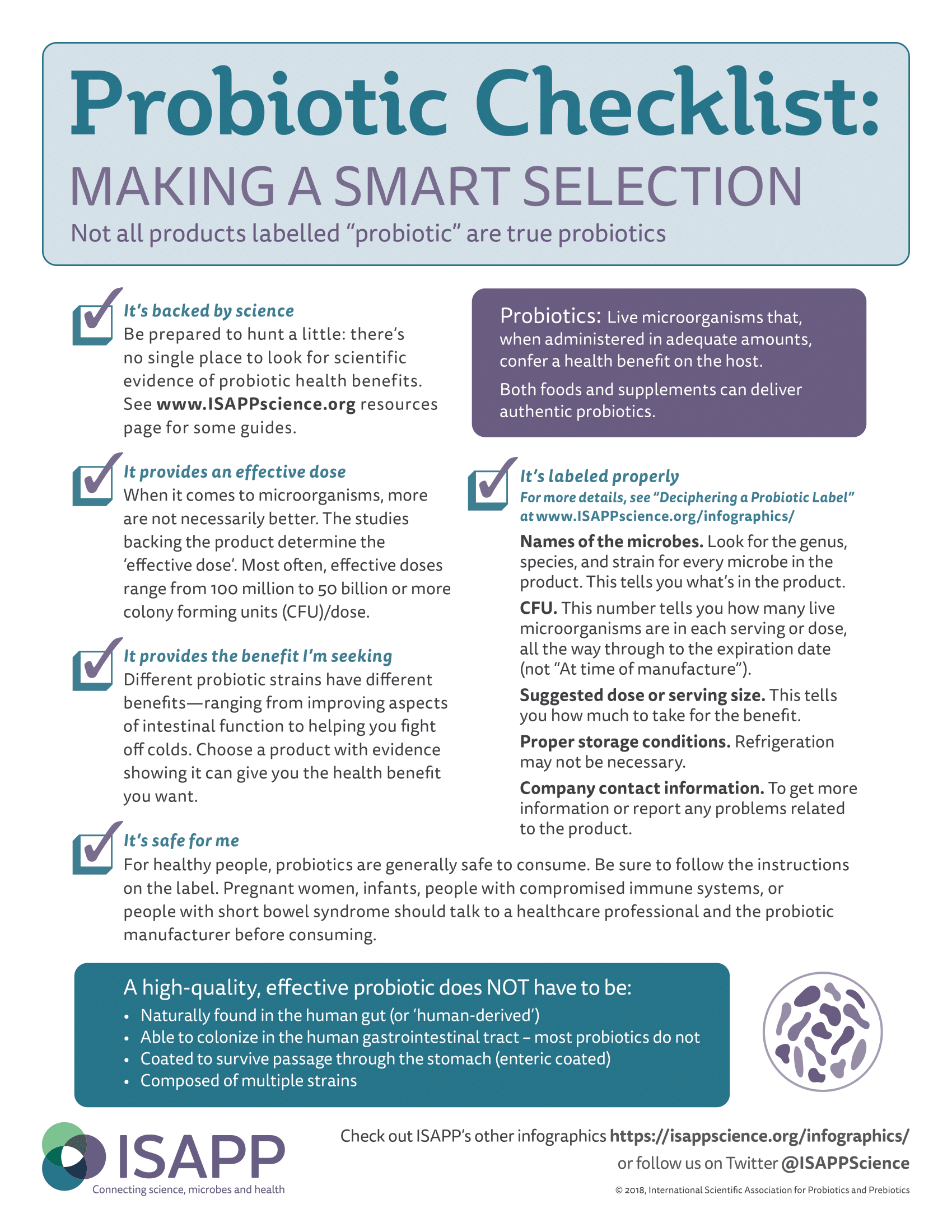
-
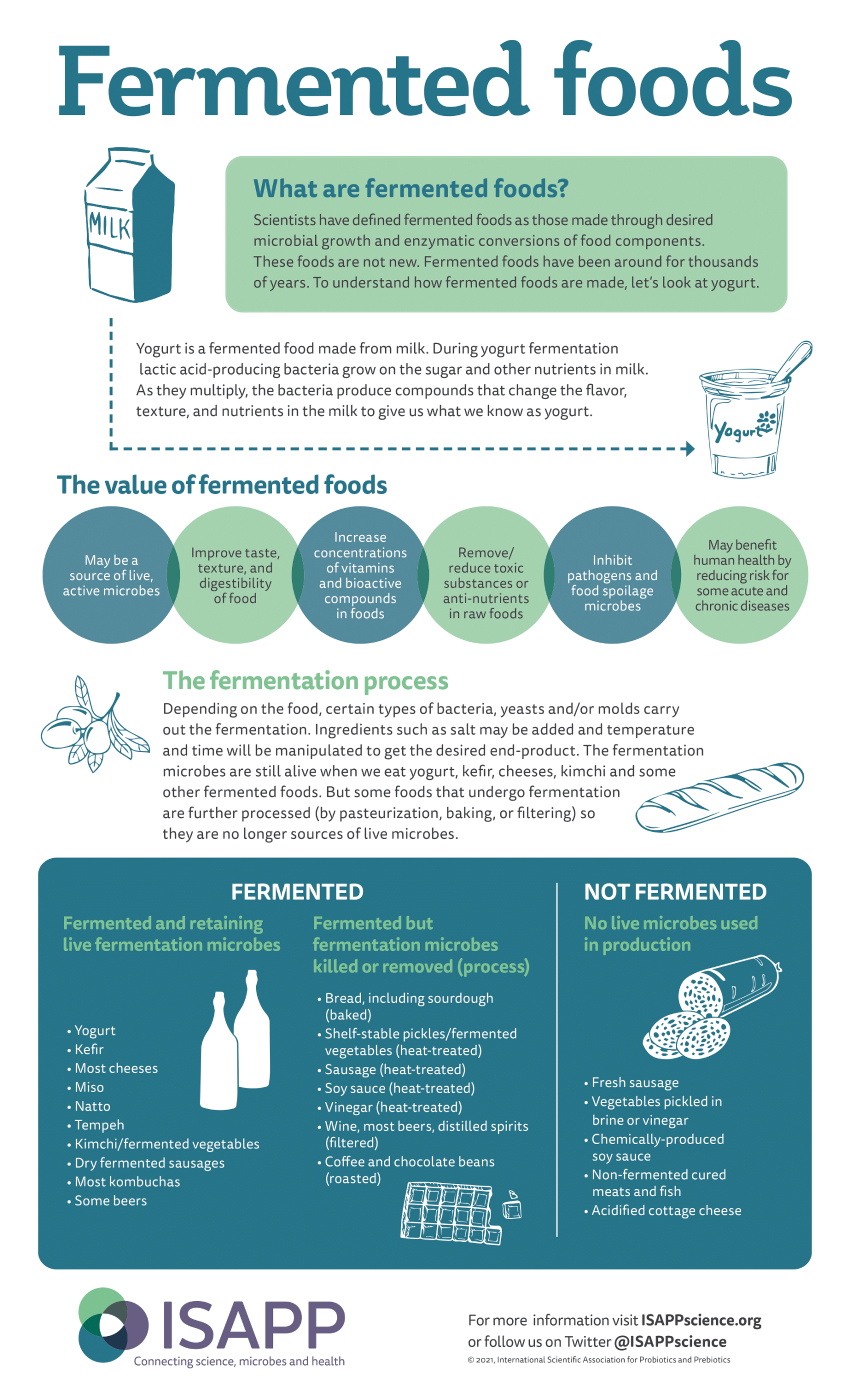
Fermented foods
To create fermented foods, certain types of bacteria, yeasts and/or molds change the flavor and texture of the starting materials. Some fermented foods and beverages still contain live microorganisms when they’re consumed, but other fermented foods undergo processing steps that kill or eliminate the live microorganisms. -
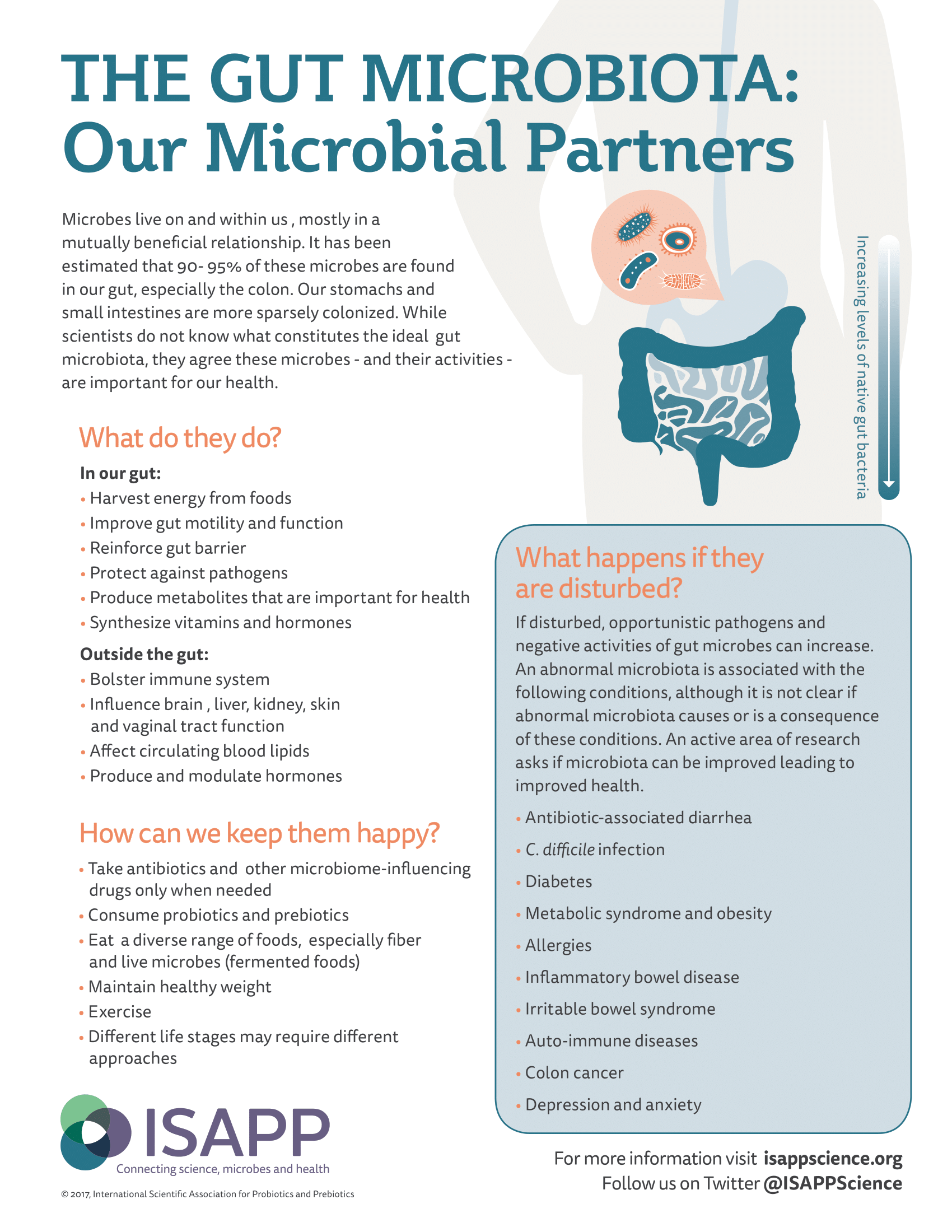
-
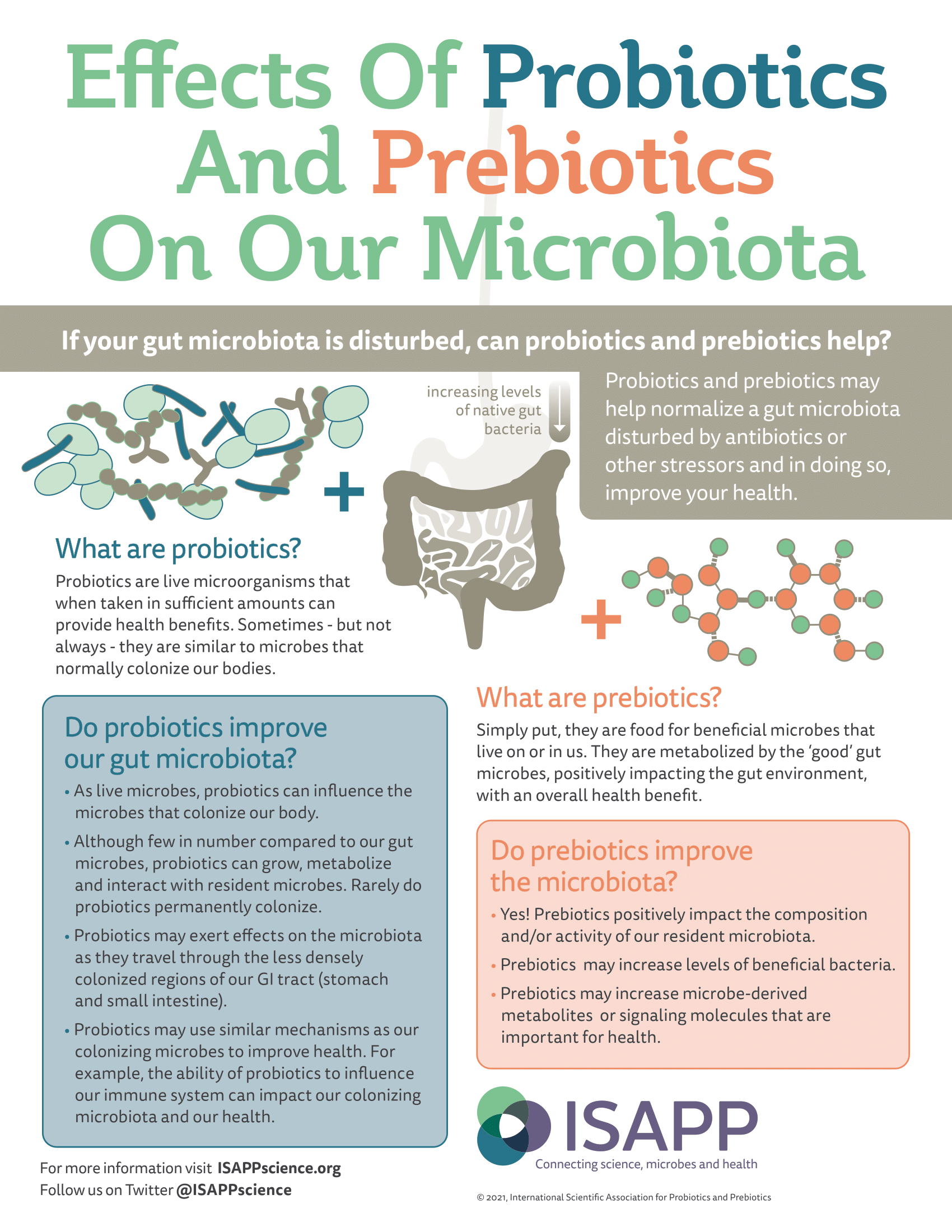
Effects Of Probiotics And Prebiotics On Our Microbiota
Scientists have found that certain probiotics and prebiotics can increase beneficial bacteria in the gut microbiota when it’s disturbed by antibiotics or other factors. -
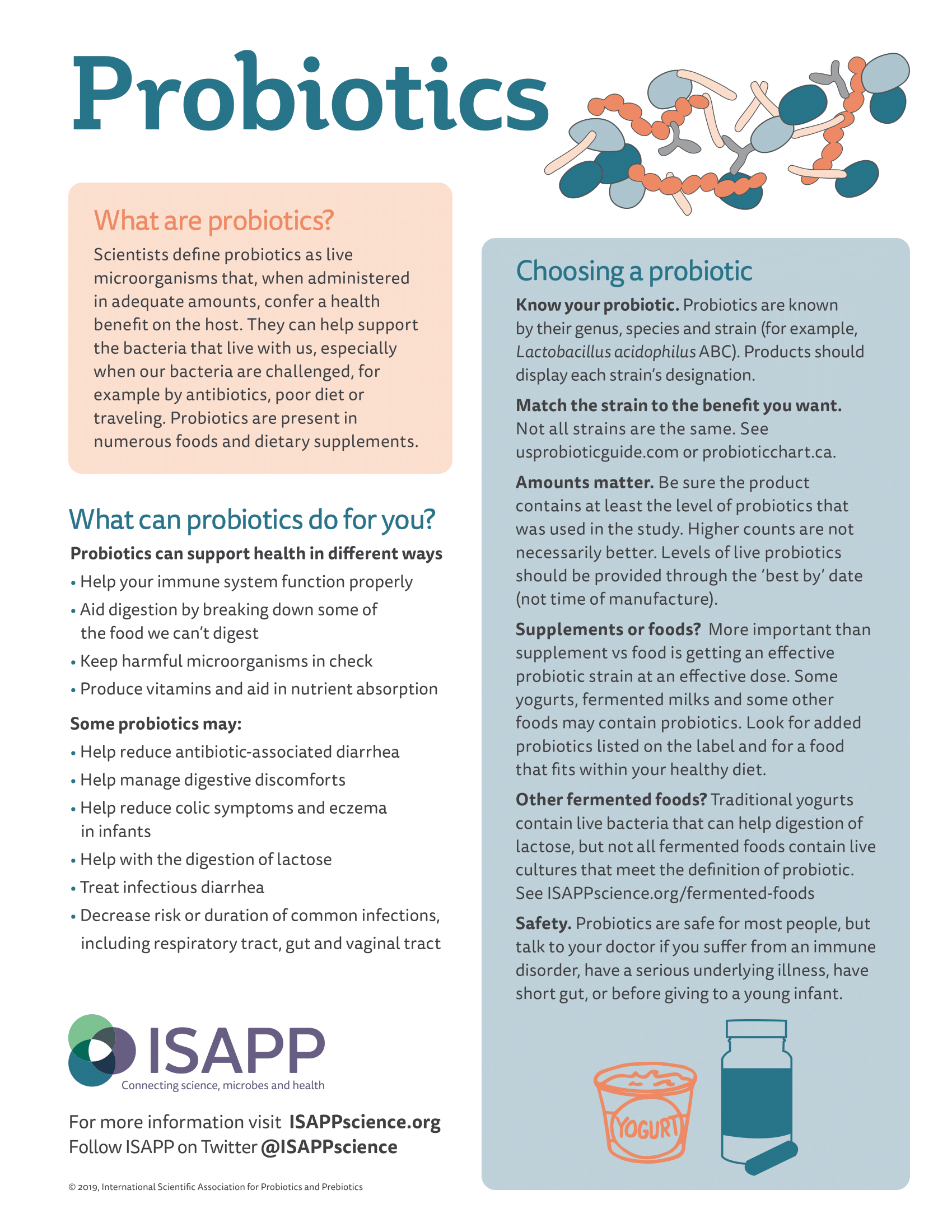
Probiotics
True probiotics are specific strains of living microorganisms at specific doses, which are tested and shown to confer a health benefit. -
